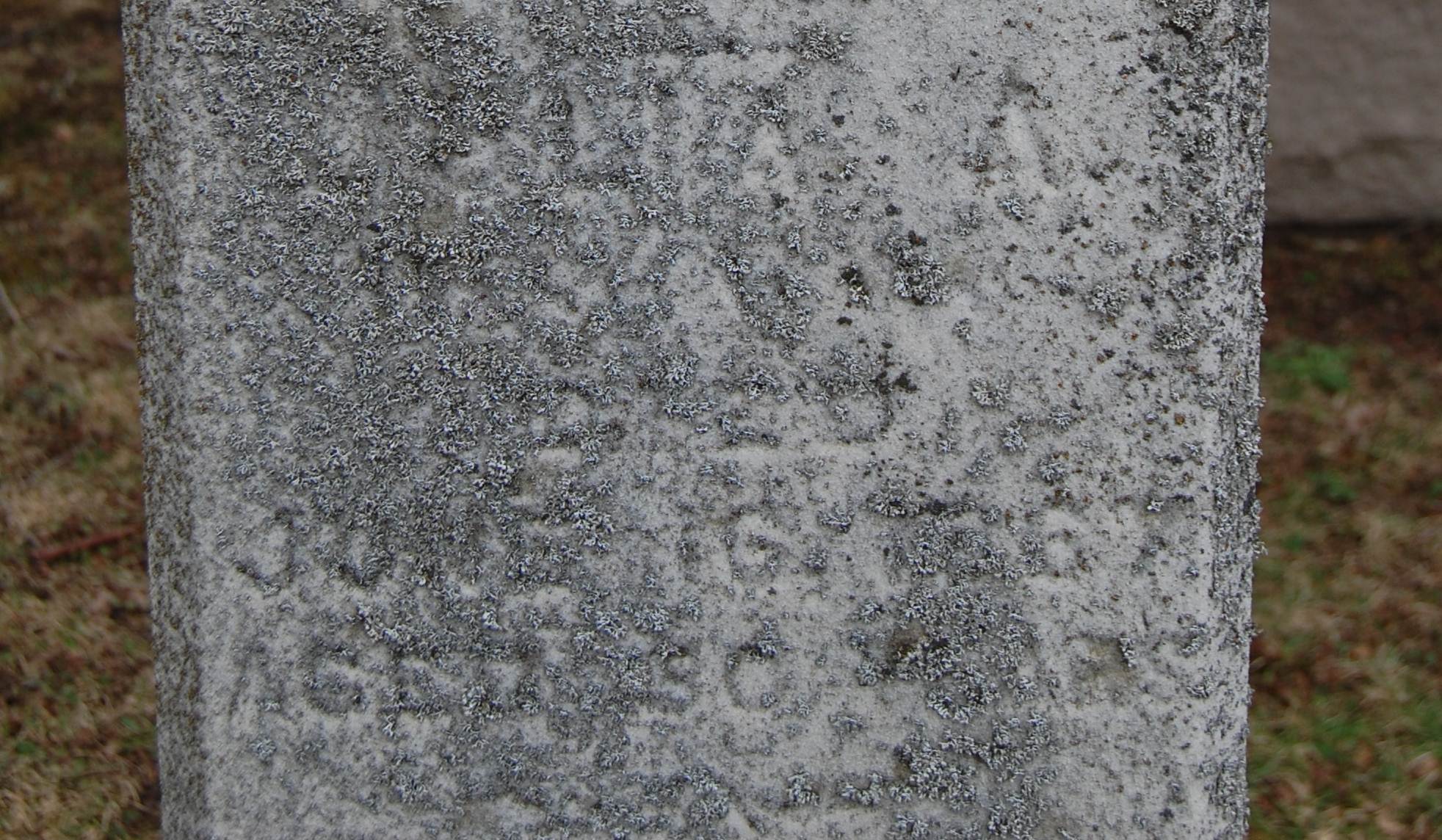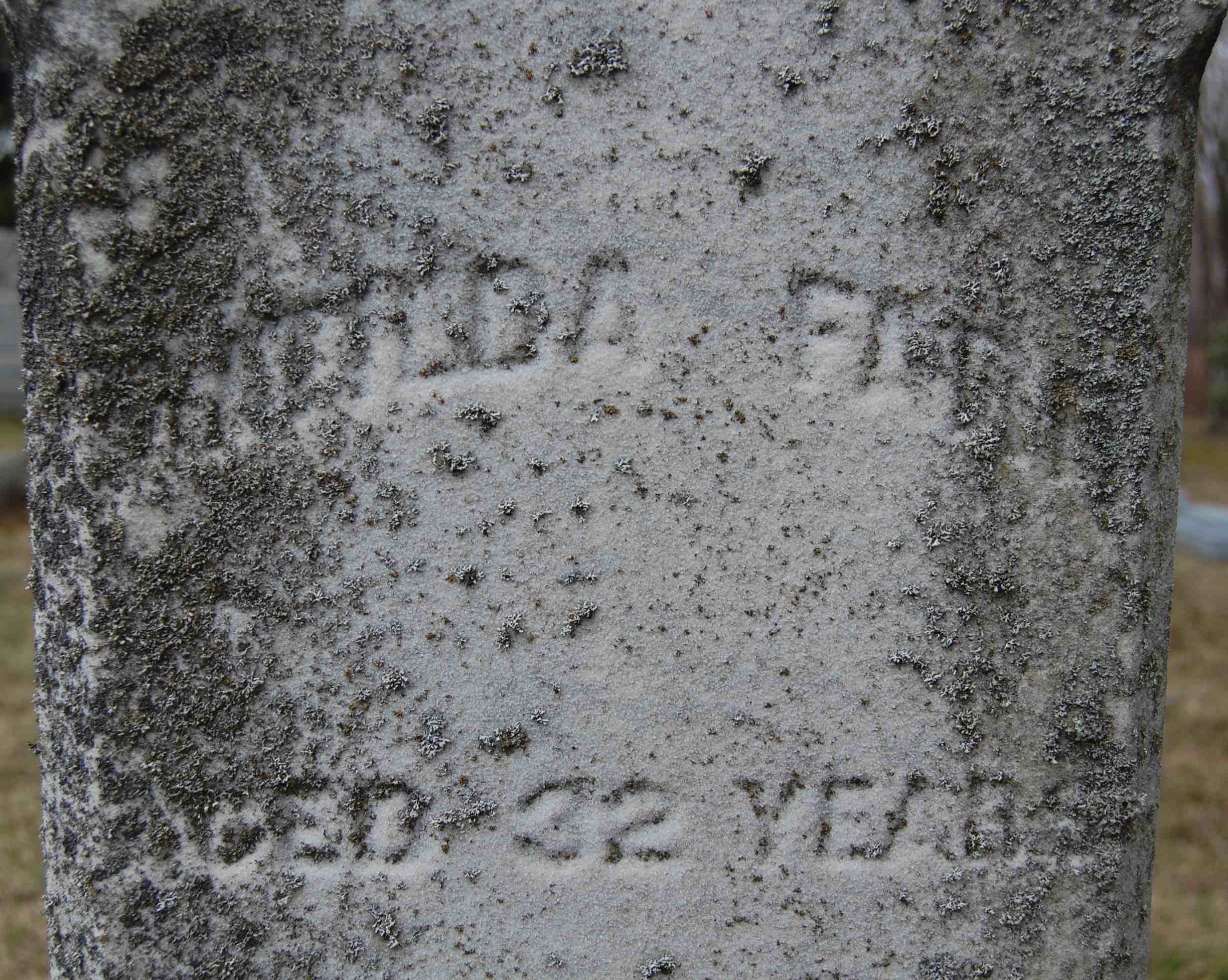 |
Edwin Asa FARR [Parents] [scrapbook] was born 1 on 26 Jul 1830 in Shalersville, Portage, Ohio, United States. He died 2, 3 on 15 Oct 1885 in Mantua, Portage, Ohio, United States. He was buried on 18 Oct 1885 in West Lawn Cemetery, Mantua Station, Portage, Ohio, United States. Edwin married 4, 5 Matilda Nee RATHBONE on 12 Jul 1868 in Mayfield, Cuyahoga, Ohio, United States.
Edwin resided 6 in 1870 in Mantua, Portage, Ohio, United States. He resided 7 in 1880 in Mantua, Portage, Ohio, United States.
Other marriages:
BOOTS, Julia A
BUGBEE, Olive Eldena
In the 1850 census he was a farmer in Troy Township, Geauga, Ohio. In 1860 he was a carpenter and in 1870 he was a moulder at a foundry in Mantua Station, Portage, Ohio. In 1880 he was a sawmill hand in Mantua Station. Family lore says he was a blacksmith. He belonged to the Society of Friends.
Obituary: “Edwin A. Farr, aged 55 years, 2 months, 15 days. We have again this week to record the death of one of our old neighbors, Mr. Edwin Farr, who died last Thursday evening, Oct. 15, and was buried Sabbath Oct 18. Funeral services were held at Kings Opera House and were conducted by the Rev. Andrew Wilson of Ravenna. Mr. Edwin A. Farr, son of Abel and Betsey Farr, who died about 21 years ago, was born in Shalersville, July 26, 1830, and was 55 years old at the time of his death.
“Edwin was the fifth child of ten children, seven boys and three girls, the oldest being 65 and the youngest 45 years of age. The deceased being the first death among the brothers and sister, seven of whom were present at the funeral.
“He was married to Julia nee Boots Aug. 10, 1865. Julia died Jun. 16, 1867, leaving one daughter, Betsey, who is the wife of Amasa Payne and resides in Euclid, Oh, and was present at the funeral with her husband and two children. He was again married to Matilda nee Rathbone, July 12, 1868. Matilda died Dec. 14, 1870. He married Olive nee Bugbee, who survives him, Mar. 31, 1872 and by whom he has one son, Asa Abel, who is 13 years of age. Deceased has resided at Mantua Station since the year 1858. He built the first house after the survey of the village, on the lot now occupied by O. P. Hayes; has been sick since Mar. 17, 1883, has been a great sufferer, which he has born with remarkable patience and courage, having by ten surgical operations, been relieved of 385 pounds of water.
RESIDENCE: Age 39 with wife Matilda and daughter Betsy.
RESIDENCE:
Household:
Name Relation Marital Status Gender Race Age Birthplace Occupation Father's Birthplace Mother's Birthplace
A. Edward FARR Self M Male W 50 OH Sawmill Hand VT VT
N. Olive FARR Wife M Female W 32 OH Keeping House NY ---
A. Asa FARR Son S Male W 7 OH Son OH OH
|














